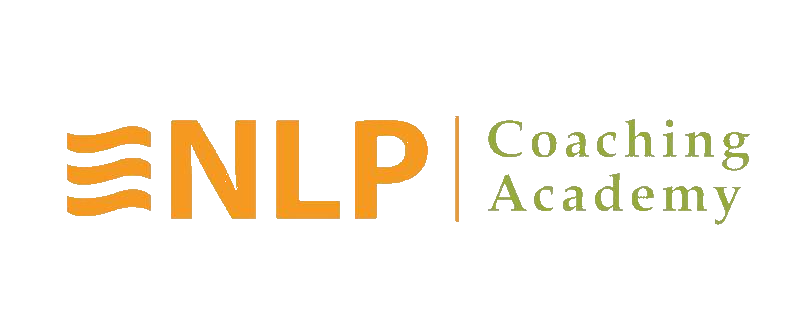How NLP helps (Coaches) in enhancing listening skills
How NLP helps in enhancing listening skills
This is the age of pocket computers and smartphones. You rarely have the luxury of time. You try to get maximum work done with and through people, and manage relationships within a small span of time on hand. And listening skills definitely have a gigantic role to play, isn’t it? Not sure? Consider this-
- What allows you to get a grip on the meaning behind people’s words and body language?
- What allows you to make sense of and understand what people are saying?
- What allows you to pop the relevant questions?
- What allows you to voice the right thing at the right time?
- What allows you to keep the conversation rolling, without beating around the bush?
Bang on, the listening skills!
Listening skills are the stone pillars which people seldom leverage because these skills come bundled with the weight of patience, focus, and concentration. However, when positioned correctly, these same stone pillars of listening skills pave pathway of strong relationships, better understandings, error-free tasks, improved results, and success.
Imagine a world where people understand exactly what is expected of them; a world of less mistakes, less follow-ups, less problems, less stress, and more productive hours!
Though it may feel smooth, it’s not as easy as a five-finger exercise.
When practiced properly, it’s not an impossible task either.
For years, the guidebook of NLP has been offering awareness on internal workings of the human brain and associated possible lapses to help people become better in different life skills, including enhancing listening skills.
You might be wondering how NLP helps in enhancing listening skills? So, here are some of the practical tips for your ready reference to develop and improve the much-required listening skills-
- To start with, don’t just maintain eye contact, rather keep eyes wide open. Detect traces of emotions like enthusiasm, boredom, irritation etc in facial expressions and body gestures of people, and sense the overall state of their being and doing.
- Speed up or slow down your mental pace to catch hold of their train of thoughts. Match your physiology, expressions, and gestures with those of theirs.
- Board onto their train of thoughts to understand what makes them tick. Experience how they perceive their reality. NLP sheds light on the fact that different people experience reality differently. Their perception of reality is based on how they have internally re-presented their experience to their brain using their sensory systems (visual/ auditory/ kinesthetic).
- Next, throw out of a window the brush of your thoughts and colors of your judgment so as to refrain from painting your version of scenes around what people attempt to illustrate. Be in the moment and in the conversation without being distracted by your feelings, biases, or silent criticisms.
- Become a companion to them on their journey. Encourage them to speak. Give occasional nods, appropriate facial expressions, and intermittent well-timed “hmmm” or “uh huh to show support and attest attention.
Pay attention to what they are saying, how they are saying, and what they are not saying. Do not guess or assume the missing pieces of the puzzle in communication. Stay away from jumping to conclusions. Ask for details, clarify, and confirm your understanding by restating the key information and occasionally paraphrasing the content. Respond using their favored sensory system (visual/ auditory/ kinesthetic) by taking cues from eye movements, gestures, and words. If they are speaking using visual words like see, bright, outlook, etc. don’t respond in words like say, rhythm, touch, pressure etc. which correspond to auditory or kinesthetic language.NLP has demonstrated that while thinking people unconsciously make eye movements and hand gestures to activate their sensory system (visual/ auditory/ kinesthetic) for fetching the memory of their re-presented reality. The words, phrases, and metaphors they use while speaking indicates the sensory system they have activated during the conversation. Timely response using the same sensory system like theirs is the key to facilitate easy going conversations.
- Most importantly, do not hijack their train of thoughts. Don’t be the eager interrupter or the sentence-grabber hooligan.
Keep away from suggesting solutions unless solicited. Listen and collaborate to arrive at solutions and conclusions. If required, seek permission first before bursting the crackers of your solution. It is absolutely necessary to recognize that meaningful conversations are not contests intended for proving your knowledge and supremacy. Relationships flourish when you listen considerately to send a variety of signals, like-
- You are important.
- What you are saying is interesting, accurate and relevant.
- I care what you think.
- I have time for your opinion, etc
Choose to listen with curiosity and an open mind. Your listening skills have the power of making people feel valued and appreciated.
Remember, listening is not just hearing. It’s a lot more than that. It’s a way of spreading positivity. So don’t listen while browsing the web, or checking emails, or skimming updates on Facebook, WhatsApp etc.
Doesn’t matter where you are, doesn’t matter what you do, doesn’t matter which roles you play in everyday life, your time and undivided attention are one of the greatest gifts you can give to someone in today’s world.
Don’t be a miser.
Gift it!


